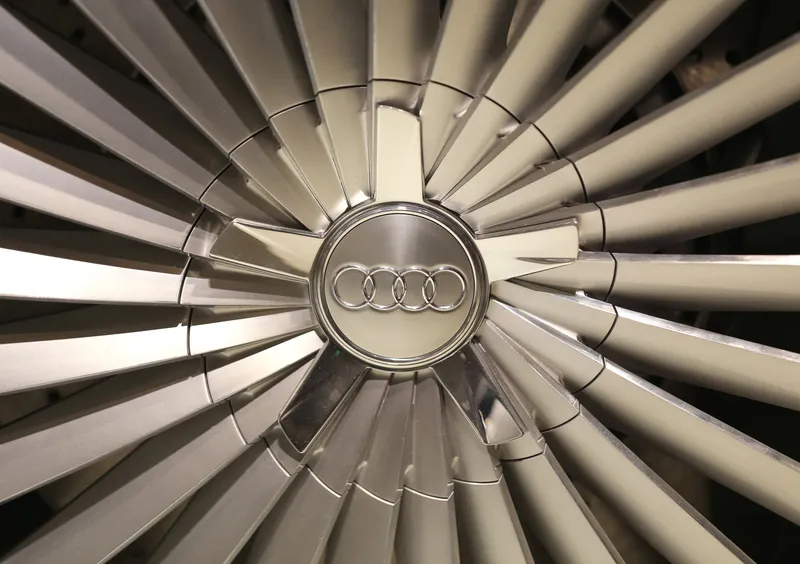Recent Plugtests interoperability events for intelligent transport systems (ITS) cooperative systems organised by European Telecommunications Standards Institute (ETSI), in collaboration with Ertico, enabled participating automotive companies to test the interoperability of their solutions. They also ran tests to assess their compliance with the latest standards developed by the ETSI ITS technical committee. Hosted by consulting and testing organisation CETECOM, the event included a workshop on future persp
December 17, 2013
Read time: 2 mins
Recent Plugtests interoperability events for intelligent transport systems (ITS) cooperative systems organised by 6613 European Telecommunications Standards Institute (ETSI), in collaboration with 374 Ertico, enabled participating automotive companies to test the interoperability of their solutions. They also ran tests to assess their compliance with the latest standards developed by the ETSI ITS technical committee. Hosted by consulting and testing organisation CETECOM, the event included a workshop on future perspectives of car-to-x communication, drawing experts from both public and private organisations specialising in ITS technologies and implementations.
This event was hosted by CETECOM, from 25 to 29 November in Essen, Germany. Participating companies from the automotive sector tested the interoperability of their solutions. In addition they ran tests to assess their compliance with the
A basic set of ETSI ITS release 1 standards was tested during the event. These enable the development of car-to-X communication applications to reduce car accidents and provide, for example, intersection collision or wrong-way driving warning messages and other road safety related warnings.
Other interoperability tests covered ITS security and privacy standards. Security experts ensured that implementations met reliability and data protection requirements. To evaluate the radio capabilities of prototype ITS devices, radio regulatory and performance measurements were run and these confirmed the feasibility of ITS in the 5 GHz frequency band.
“The experience we have gained in the ITS domain will be re-useable in other mobile services. We also capitalise on previous experience in producing such critical standards, for safety of life at sea, avalanche beacons or high speed rail communications for instance, where nothing can be left to chance,” says Adrian Scrase, ETSI CTO.
This event was hosted by CETECOM, from 25 to 29 November in Essen, Germany. Participating companies from the automotive sector tested the interoperability of their solutions. In addition they ran tests to assess their compliance with the
A basic set of ETSI ITS release 1 standards was tested during the event. These enable the development of car-to-X communication applications to reduce car accidents and provide, for example, intersection collision or wrong-way driving warning messages and other road safety related warnings.
Other interoperability tests covered ITS security and privacy standards. Security experts ensured that implementations met reliability and data protection requirements. To evaluate the radio capabilities of prototype ITS devices, radio regulatory and performance measurements were run and these confirmed the feasibility of ITS in the 5 GHz frequency band.
“The experience we have gained in the ITS domain will be re-useable in other mobile services. We also capitalise on previous experience in producing such critical standards, for safety of life at sea, avalanche beacons or high speed rail communications for instance, where nothing can be left to chance,” says Adrian Scrase, ETSI CTO.








